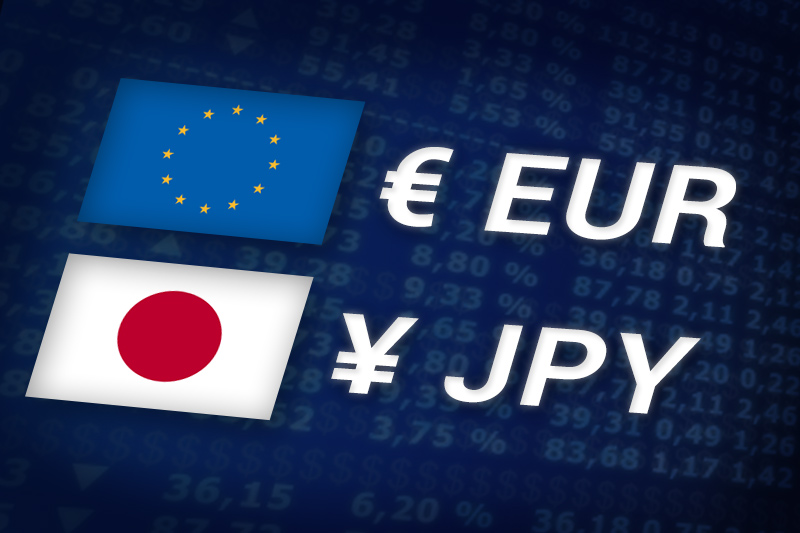Investing.com - The euro rose against the yen on Thursday, but remained close to an almost three-month low after the release of mixed U.S. economic data and amid sustained uncertainty over Greece’s future in the single currency bloc.
EUR/JPY hit 103.45 during European afternoon trade, the daily high; the pair subsequently consolidated at 103.35, adding 0.38%.
The pair was likely to find support at 102.24, the low of February 13 and resistance at 104.42, the high of May 8.
Market sentiment remained under pressure as the release of mixed U.S. data failed to reassure investors over the level of the country’s economic recovery.
The U.S. Department of Labor said the number of individuals filing for initial jobless benefits in the week ending May 5 fell to 367,000, defying expectations for an increase to 369,000, while a separate report showed that the U.S. trade deficit widened more-than-expected to a USD51.8 billion in March from deficit of USD45.4 billion in February.
Meanwhile, sentiment on the euro remained vulnerable as the leader of the leftist Syriza party, Alexis Tsipras, gave up attempts to form a new government on Wednesday, pushing the debt-stricken country closer to its second election in a few weeks and prompting European governments to withhold part of the latest tranche of rescue funds to be paid on Thursday.
Greek Socialist leader Evangelos Venizelos was to make a last attempt to form a government on Thursday, but chances seemed slim after both the conservatives and leftists tried and failed.
The yen came under mild pressure earlier after Bank of Japan policymaker Sayuri Shirai said that the central bank will not rule out any policy options to deal with Japan’s current economic outlook, signaling the possibility of further easing measures.
Elsewhere, the yen was also lower against the U.S. dollar with USD/JPY adding 0.20%, to hit 79.81.
Also Thursday, the European Central Bank cut its 2012 gross domestic product growth outlook to minus 0.2% from minus 0.1%, in its monthly report published earlier, as downside risks remain to the economic outlook.
EUR/JPY hit 103.45 during European afternoon trade, the daily high; the pair subsequently consolidated at 103.35, adding 0.38%.
The pair was likely to find support at 102.24, the low of February 13 and resistance at 104.42, the high of May 8.
Market sentiment remained under pressure as the release of mixed U.S. data failed to reassure investors over the level of the country’s economic recovery.
The U.S. Department of Labor said the number of individuals filing for initial jobless benefits in the week ending May 5 fell to 367,000, defying expectations for an increase to 369,000, while a separate report showed that the U.S. trade deficit widened more-than-expected to a USD51.8 billion in March from deficit of USD45.4 billion in February.
Meanwhile, sentiment on the euro remained vulnerable as the leader of the leftist Syriza party, Alexis Tsipras, gave up attempts to form a new government on Wednesday, pushing the debt-stricken country closer to its second election in a few weeks and prompting European governments to withhold part of the latest tranche of rescue funds to be paid on Thursday.
Greek Socialist leader Evangelos Venizelos was to make a last attempt to form a government on Thursday, but chances seemed slim after both the conservatives and leftists tried and failed.
The yen came under mild pressure earlier after Bank of Japan policymaker Sayuri Shirai said that the central bank will not rule out any policy options to deal with Japan’s current economic outlook, signaling the possibility of further easing measures.
Elsewhere, the yen was also lower against the U.S. dollar with USD/JPY adding 0.20%, to hit 79.81.
Also Thursday, the European Central Bank cut its 2012 gross domestic product growth outlook to minus 0.2% from minus 0.1%, in its monthly report published earlier, as downside risks remain to the economic outlook.
